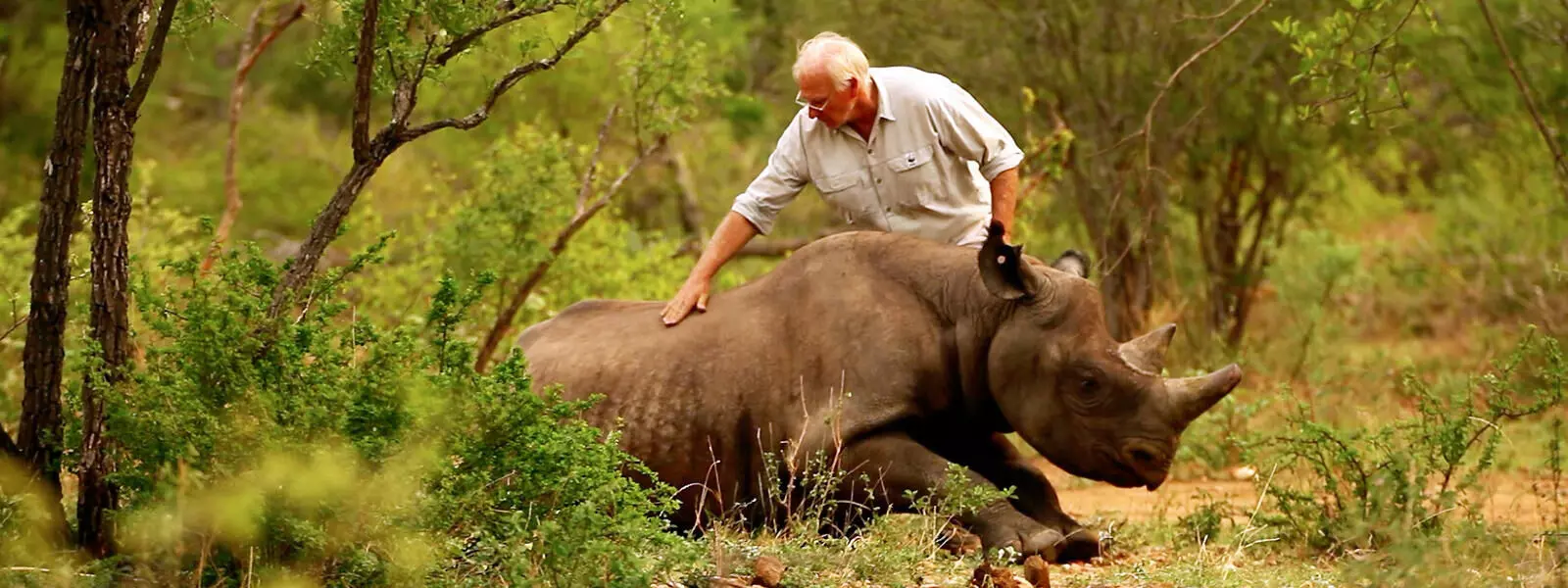
COVID-19 fallout undermining nature conservation efforts: IUCN
text_fieldsConservation efforts in Africa and Asia have been severely affected during the pandemic, reported a collection of new research papers published today by the International Union for Conservation of Nature (IUCN) in its journal.
More than half of protected areas in Africa and a quarter of the protected areas in Asia also reported that they were forced to halt or reduce all the conservation activities like field patrols and anti-poaching operations.
Protected areas consist of the earth's most valuable ecosystems like pristine forests, wilderness areas and natural habitat that support endangered species. The researchers found that 17 countries like New Zealand, Pakistan, etc., increased their support for protected and conserved areas, but about 22 countries rolled back their protection of natural areas in at least 64 cases and instead favoured road construction or oil and gas extraction in areas designated for conservation.
"We found that more funding and more of the economic stimulus have gone towards activities that undermine nature rather than that supports it, globally. So we're not yet on the whole moving in the right direction," said Rachel Golden Kroner of Conservation International, the lead researcher of the study to BBC.
The reduction in conservation operations has also affected the livelihoods of many people. A survey of rangers conducted in more than 60 countries found that salary was reduced or delayed for more than one in four rangers, while 20 per cent reported that they had lost their jobs due to COVID-19-related budget cuts.
Rangers from Central America and the Caribbean, South America, Africa and Asia were more severely affected than those from Europe, North America and Oceania.
The research published in a special issue of PARKS, the journal of the IUCN World Commission on Protected Areas, gives a detailed analysis of the link between impacts of COVID-19 and nature conservation.
"We cannot allow the current crisis to further jeopardize our natural environment. If we are to build a sustainable future, rollbacks of environmental protections must be avoided, and recovery measures need to be planned in a way that not only avoids negative impacts on biodiversity but charts a more sustainable and equitable way forward," added Rachel.























